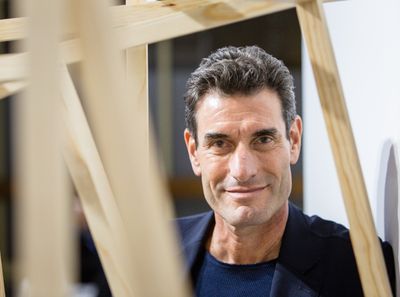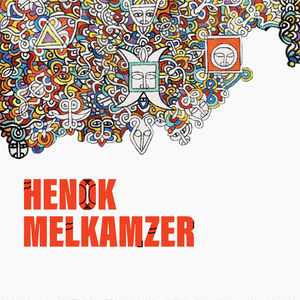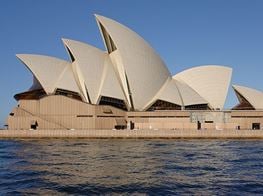The Rise of Buy Now, Pay Later Art Financing
Over 1,000 galleries have signed up to an Australian service called Art Money.

Art Money founder Paul Becker. Courtesy Art Money.
Buying art is 'lumpy', according to Paul Becker, founder of Art Money. It typically incurs a large up-front cost for a purchase that might be enjoyed for decades to come.
Seeing what he describes as 'a broken and inefficient marketplace,' he launched the buy now, pay later service in 2015, allowing collectors to take home works worth up to AUS $50,000 (and US $100,000 in the US) after paying a 10% deposit. They then pay off the remainder in monthly 10% instalments that are interest free thanks to galleries picking up the cheque.
Over 5,000 works have since been purchased using Art Money in Australia, New Zealand and the US, bringing in around AUS $30 million in sales. With sales up 50% year on year in the last quarter, Art Money is seeking AUS $5 million Series A financing to scale up, launch a mobile app and expand to new markets such as the United Kingdom.
'We want to be the payment platform for the art world,' Becker said, a market valued at US $64.1b according to the Art Basel and UBS Global Art Market Report 2020.
Buy now, pay later services such as Affirm, Afterpay, Klarna and Zip are growing quickly worldwide, with a report by Worldpay Merchant Solutions predicting them to nearly double their share of the global payments market by 2023. Art Money is not the only such service targeted at art collectors—Own Art has a network of over 300 galleries and has supported £56 million in sales since 2004—but it does have considerable support from galleries, with 1,195 signing up so far.
Becker says a range of people use the service — 'about a third of people say they're buying for the first time, but then equally about a third are regular collectors who use the service however and whenever they buy art.'
While buy now, pay later services in other industries are often targeted at people in their 20s, he says people on Art Money are 'older and wealthier than you'd think'. Almost two thirds are aged 30-50, and most are collecting well within their means. The default rate for the service is just 0.5%.
'This is about psychology, not affordability,' Becker said, arguing the value of the service is in feeling comfortable and responsible buying art when a desired work is available.
The model seems like a no-brainer for collectors — why pay for a work in full when you could invest the balance and pay later? But for galleries the decision to partner with Art Money is more complicated.
Sydney's Gallery 9 was among the first to join Art Money when it launched, and has since sold somewhere in the range of 12-20 works using the service, according to Gallery Manager Oliver Lardner.
'Art Money is great,' Lardner said. 'It's been useful for certain patrons who don't wish to wait for a lay-by and it's great because they can take the work home right away. The only downside is that it [costs] 10% of the sale which we can't pass on to support our artists,' he said.
His thoughts are echoed by Anna Jackson, Director at Gow Langsford Gallery, Auckland.
'Our experience with Art Money has been primarily at Sydney Contemporary where we have only had a few transactions but all were positive experiences,' she said. 'From memory their rates to galleries are higher than other providers, [which] of course nibbles into our margins.'
Becker argues 10% is a standard commission for an art sale. And while galleries would doubtless prefer to pay less, they continue to sign up.
Ultimately, 'there is a huge potential upside for more people to engage with art and therefore culture, and have a much bigger, more viable, more sustainable creative economy,' Becker said. —[O]







































































































































































